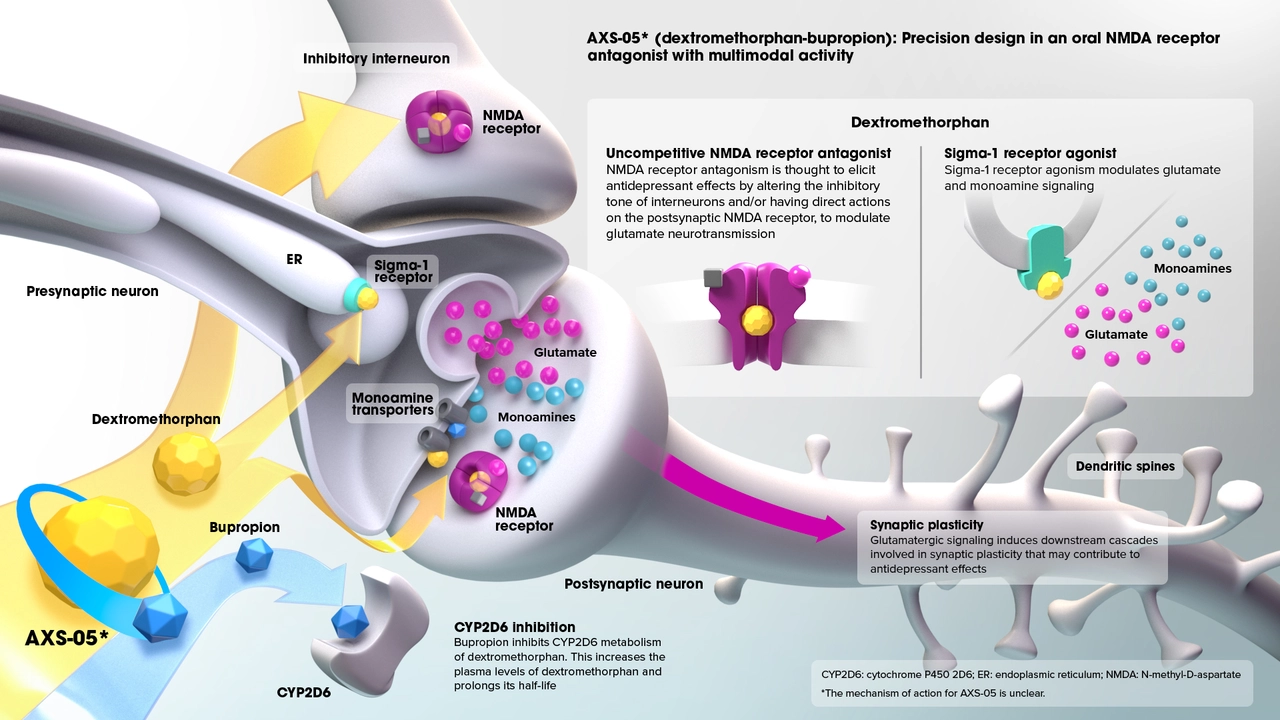Treatment-Resistant Depression: Practical Steps, Options, and What to Try Next
Not getting better after a few antidepressants is frustrating. If you’ve tried at least two adequate antidepressant trials and still feel stuck, you might be facing treatment-resistant depression (TRD). That sounds scary, but there are clear, practical moves you can take now.
Start with the basics — what your doctor will check
Before trying new treatments, make sure the problem isn’t something fixable. Ask your clinician to review a few points: Were doses and treatment length enough? Are you taking meds as prescribed? Could another medical issue — low thyroid, vitamin D or B12 deficiency, sleep apnea — be making symptoms worse? Also check for substance use, alcohol, or drug interactions that blunt antidepressants.
It helps to track symptoms with a simple scale (PHQ-9) or a daily mood log. That gives you concrete info to share and shows whether small changes really move the needle.
Options that often help when first-line drugs fail
There’s no single fix, but several evidence-based paths often work. Your doctor might suggest switching antidepressant classes (for example, from an SSRI like sertraline to an SNRI or adding a drug like mirtazapine). Augmentation is common — this means adding a low-dose antipsychotic, lithium, or buspirone (Buspar) to boost effect. Psychotherapy, especially cognitive behavioral therapy (CBT) or behavioral activation, still matters and can amplify medication gains.
If you’re reading our Zoloft or Buspar guides, note how they compare and why doctors sometimes combine approaches. Small, strategic changes can produce big results when they’re targeted to your specific symptoms.
For more resistant cases, newer and rapid treatments exist. Ketamine or intranasal esketamine can lift severe depression quickly for some people. rTMS (repetitive transcranial magnetic stimulation) is noninvasive and works well for many who don’t respond to meds. Electroconvulsive therapy (ECT) remains the most reliable option for severe, life-threatening depression and can be lifesaving.
When considering these options, ask: How fast will it work? What side effects should I expect? How long will treatment last? Who monitors safety? If cost or access is a concern, ask about programs, local clinics, or insurance coverage — and about lower-cost generic alternatives for maintenance meds.
Safety first: if you have thoughts of harming yourself, get help right away — call emergency services or a crisis line. Always loop your prescriber in when symptoms change or side effects appear.
Finally, small daily actions matter. Regular sleep, moving your body, cutting back on alcohol, and sticking to treatment plans support medical options. Keep notes, bring them to appointments, and be direct: tell your provider what helped in the past and what didn’t. TRD is hard, but with careful steps and the right team, many people find a treatment that finally helps.
The Benefits of Vilazodone for Patients with Treatment-Resistant Depression
Well, folks, buckle up because we're about to dive into the magical world of Vilazodone! This wonder pill is a knight in shining armor for those tough nuts dealing with treatment-resistant depression. Imagine a stubborn mule that just won't budge - that's your depression. But along comes Vilazodone, like a superhero with a cape, swooping in to save the day. This fantastic drug doesn't just knock on the door of your serotonin receptors, it kicks it in, boosting mood like nobody's business. So, if you're tired of depression playing hard to get, give Vilazodone a whirl!
Read More
